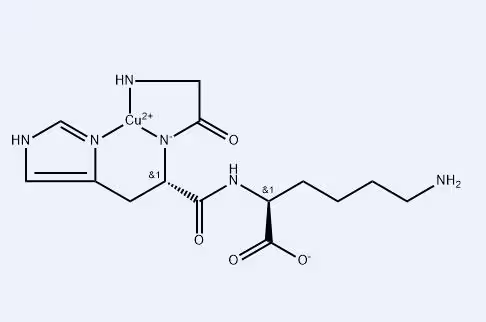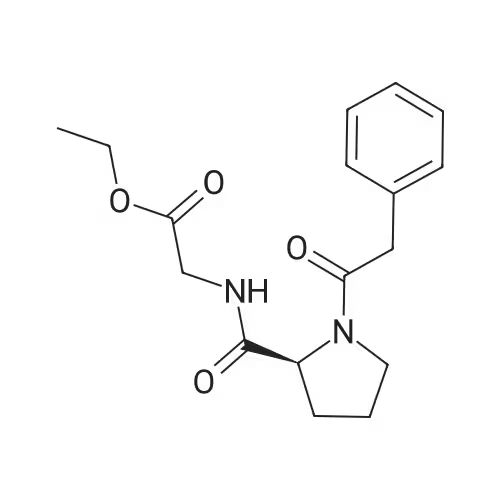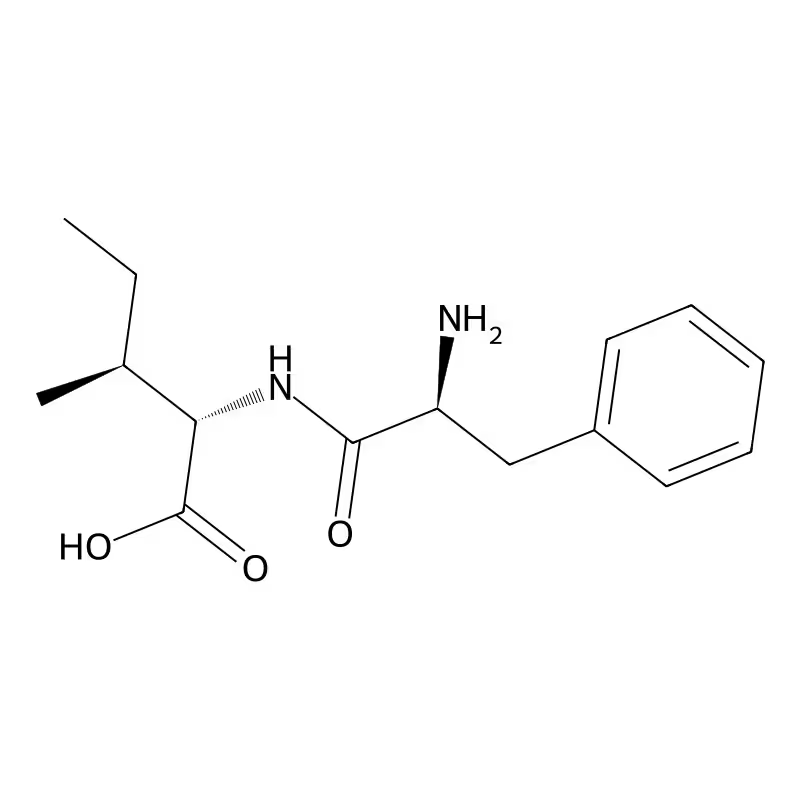Medicago sativa, also known as alfalfa, is an adaptogenic herb and a part of the legume family. Its seeds and sprouts are often used as a supplement for improving cholesterol levels but can also have various other beneficial effects. This article is about the main benefits of alfalfa, its potential side effects, the best time to take it, and more.
Alfalfa
What is alfalfa?
Possible benefits
All of the potential benefits mentioned below are dose-dependent. As with other adaptogenic herbs, there is a sweet-spot dose that allows you to get most of the benefits without causing meaningful side effects or tolerance buildup in the body. We will discuss the best dosing protocol later in this article.
Major benefits
Improved cholesterol levels – Multiple studies show that alfalfa can lower LDL cholesterol and increase HDL cholesterol levels. It can do so by decreasing the absorption of cholesterol in the gut and increasing the excretion of compounds used to create new cholesterol.
Minor benefits
Lowered blood glucose – Several animal studies show that this legume can lower blood sugar but quality human studies are needed to confirm this benefit.
Lowered triglycerides – This herb can lower triglycerides mainly in people with already high triglyceride levels.
Reduced symptoms of menopause – Alfalfa can slightly reduce the unpleasant symptoms of menopause, such as hot flashes. This is likely because of the herb’s phytoestrogen content.
Antioxidant effects – Alfalfa can boost antioxidant defenses and reduce cell death and DNA damage caused by free radicals.
Possible side effects
The side effects below are dose-dependent. The risk for them increases (often linearly but sometimes exponentially) as you increase the dose. Some of the side effects only apply to very high doses.
Initial adverse reaction – When you start taking alfalfa, things can get worse before they get better. This herb can temporarily worsen some aspects of your health and even make you sick for a few days after you start taking it. That can be unpleasant, but it is usually a sign that the supplement is working and creating a hormetic response that allows the body to adapt and become more resilient in the long term.
Allergic reaction – Some people are allergic to this herb and may experience an allergic reaction after they start taking it. Unlike the “initial adverse reaction,” allergic reactions typically don’t disappear until one stops taking the herb.
Nausea – This side effect is most common when people take the herb on an empty stomach.
Diarrhea – You can usually prevent diarrhea or stomach discomfort by taking this herb with a meal.
Toxicity – As an adaptogen, alfalfa acts as a mild stressor on the body. That is usually a great thing as it allows your body to adapt to specific forms of stress and become more resilient. However, stressing the body too much can be counter-productive and cause multiple side effects, including toxicity. While acute toxicity is extremely rare, taking very high amounts of this herb could lead to chronic toxicity and cause health problems over time. To prevent chronic toxicity or the buildup of tolerance, staying below 2 grams of dry herb powder in a day is best unless you have a great reason to take more.
Contamination – If growing or storing conditions are not adequately controlled, alfalfa can be contaminated with bacteria, molds, and other potentially harmful microorganisms. Some growers also use pesticides and herbicides that can be unsafe. Another issue is that herbal supplements can get contaminated with other supplements and chemicals during the manufacturing process. Choose the brand you get herbs and herbal supplements from wisely. It is often best to use websites like Amazon, where thousands of users have reviewed and rated the products. You are less likely to buy something of lower quality there.
Who should not take alfalfa?
You should probably avoid taking alfalfa if you:
are allergic to this herb or to legumes in general
suffer from lupus or another autoimmune condition possibly affected by this plant
experience a severe adverse reaction after taking the herb (though a mild adverse reaction is usually a great thing as it is a sign that the supplement is working and causing a hormetic response that allows the body to adapt and become more resilient)
are pregnant or breastfeeding (while it can be safe to take this adaptogen during pregnancy or breastfeeding, it acts as a mild stressor and can cause some unnecessary risk to the child)
Who will benefit the most?
You should consider taking the supplement if you:
with to improve overall health
have a high budget for supplements and are willing to experiment with a variety of them (alfalfa appears safe and is unlikely to do more harm than good for most people)
How much alfalfa should you take?
Because alfalfa is an adaptogenic herb, it acts as a mild hormetic stressor on the body, which allows your body to adapt and become more resilient to certain kinds of stressors in the long term.
A higher dose does not necessarily lead to more pronounced benefits. Instead, there appears to be an inverted U-shaped dose-response pattern. In other words, you want to find a sweet-spot dose that allows you to get the benefits of alfalfa without putting too much pressure on the body or quickly causing the body to develop tolerance to the herb.
The sweet-spot dose typically ranges anywhere between 500-1500 mg of dry herb powder daily. If you buy an x:1 extract, divide the dry herb powder dosage by x.
The higher end of this range usually provides slightly more benefits in the short term. If you plan to take this herb for a longer time (multiple months or years), the lower end is probably a better way to go since you would develop tolerance faster if you were to take higher doses.
While higher doses are generally safe, taking more than the sweet-spot dose daily would be counter-productive as your body would quickly develop tolerance.
Additionally, very high doses can put too much pressure on your system and cause health problems if you take the supplement for a prolonged period.
While this herb could theoretically cause acute toxicity, you’d need to take an extremely high dose that would be way beyond what even the most potent supplements contain.
Like most other adaptogens, it is best to cycle alfalfa and take about two days off weekly to reset your tolerance. That will allow you to keep getting the benefits in the long term.
Keep in mind that the effects of this herb are cumulative. Therefore, you must take it for at least 2-4 weeks to notice most of the benefits. But again, cycling the herb and not taking it at least twice a week is necessary to prevent tolerance in the long term.
Best time to take alfalfa
You can take this herb with or without food. Each of these options has its benefits. The main bioactive compounds in the herb should absorb well either way.
If you experience nausea or stomach discomfort when you take this herb, taking it with food should prevent these unpleasant effects or at least make them less intense.
If you take this herb on an empty stomach, the short-term effects will kick in faster, and they will be more pronounced but will not last as long.
Whether you take this herb in the morning or the evening typically does not make much difference. Both options are fine so feel free to experiment.
Certificates
2.SGS/CIQ/CQC certification for stringent quality control
3.Accredited with HALAL, KOSHER, HACCP, BRC FOOD, GMP certifications
4.ISO 22000:2005 certified, ensuring extensive food safety management systems

FAQ
As a leading Alfalfa manufacturer and supplier from China, our products stand out for their high quality and composition.
2. Can you supply bulk quantities for businesses?
Yes, we are a B2B supplier of Alfalfa, specializing in bulk Alfalfa powder and isolate. As a premium Alfalfa isolate supplier and wholesaler, we can meet large-scale demands efficiently.
3. Are your products suitable for vegans and those with allergies?
Absolutely. Our Alfalfa, free from major allergens. This makes it an ideal choice for vegans and those with dietary restrictions.
4. How do you ensure the quality of your Alfalfa products?
We adhere to strict ISO22000 & quality control standards. Being a high-quality Alfalfa manufacturer, we ensure that every batch of Alfalfa, whether isolate, peptide, meets the highest quality standards.
5. Do you offer Alfalfa for international clients?
Yes, as a Alfalfa exporter from China, we provide Alfalfa products globally, including Alfalfa peptide and isolate. Our efficient distribution network ensures timely delivery worldwide.
6. Are your products cost-effective for wholesale purchase?
Certainly. We pride ourselves on being an affordable Alfalfa manufacturer, offering the best Alfalfa prices for wholesale and bulk purchases.
7. Can I get a customized Alfalfa formulation?
Yes, our R&D team can work with you to create a custom formulation, making us a natural Alfalfa peptide supplier that caters to specific client needs.
8. What is the advantage of choosing your Alfalfa isolate?
Our pure Alfalfa isolate is of premium quality, ensuring content and excellent solubility, making it a preferred choice for various applications.
9. How do you support business customers in the Alfalfa market?
We offer comprehensive support, including 24/7 customer service, and are a reliable Alfalfa raw material producer. Our expertise as a Alfalfa peptide exporter also benefits businesses looking for high-grade products.




